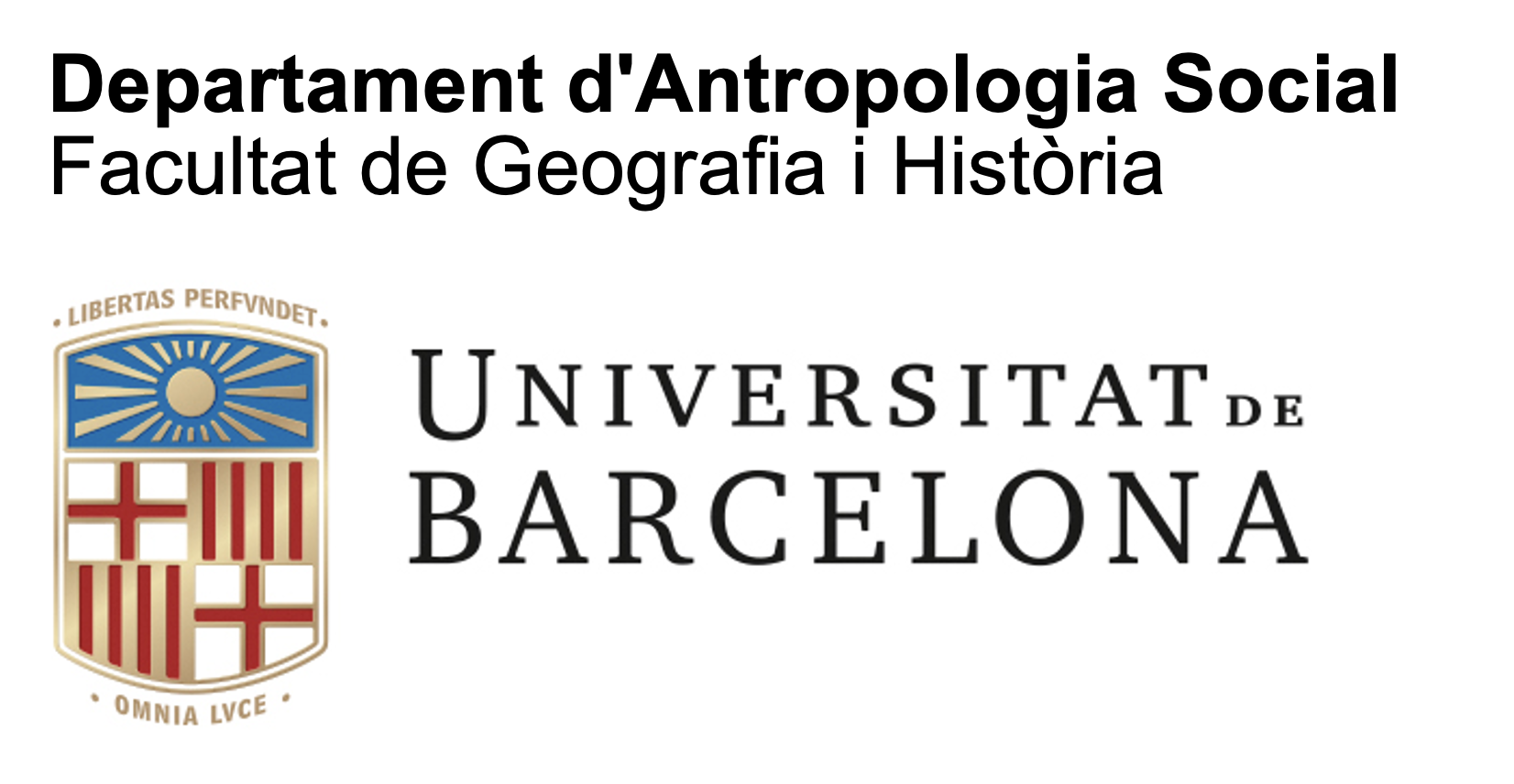Orlando Fals Borda's contributions to critical ethnography. Principles and strategic tensions in the dialogue with indigenous people
DOI:
https://doi.org/10.1344/contxt.2023.12.73-94Keywords:
Orlando Fals Borda, critical ethnography, systematic devolution, critical recovery, commitment and action, indigenous peopleAbstract
This article describes Fals’ contributions to the development of critical ethnography with the Muyska del Tunjo community in Bogotá, D.C. From the idea of recovering, repairing and relearning fundamental social values, argument that Fals’ proposal to dialogue with indigenous peoples starts from the contextual character of the social science involved. Fals operatives this contextual character in three strategic tensions of compromised social science and proposes three principles to solve it. The objective of this article is to present the set of strategic tensions and principles enunciated by Fals, which guided the development of critical ethnography with the Muyska del Tunjo community during 2021-2023, to commemorate the validity of their contributions in the dialogue with indigenous peoples. After the analysis, it is possible to conclude, on the one hand, that the three strategic tensions and the three principles proposed by Fals remain valid in the dialogue with the indigenous peoples, since they link to the investigative work (1) the transformative praxis, (2) the convergence of popular knowledge and academic knowledge and (3) the two qualities of the political character of compromised social science: power and potency. And, on the other hand, that the methods and instruments used in the investigation landed the strategic tensions and principles proposed by Fals to the investigative experience with the community Muyska del Tunjo.
Downloads

Downloads
Published
How to Cite
Issue
Section
License
The authors who publish in this journal agree to the following terms:
The author retains the authorship rights, and grants (Con)textos: revista d'antropologia i investigació social the rights to the first publication of the article.
The author authorizes the reproduction and dissemination of their articles in indexing and abstract services, academic databases and repositories in which the journal currently or in the future participates. After No 13, texts will be disseminated with the Creative Commons - Attribution (CC-by) license as long as the author and the journal are acknowledged, no commercial use is made and no derivative works are generated.
Likewise, the authors can deposit the final version accepted for publication in institutional or thematic open access repositories. (Con)textos: revista d'antropologia i investigació social does not accept any responsibility for the views and statements made by the authors in their works.






